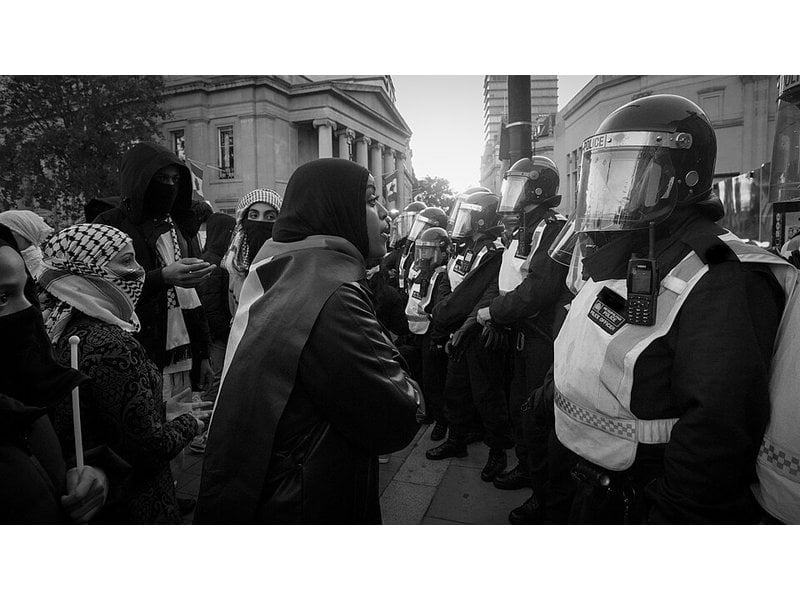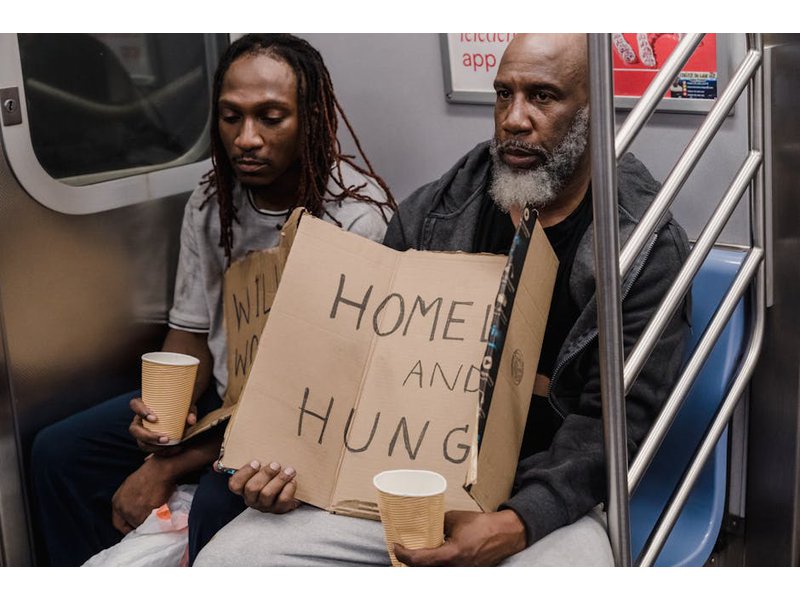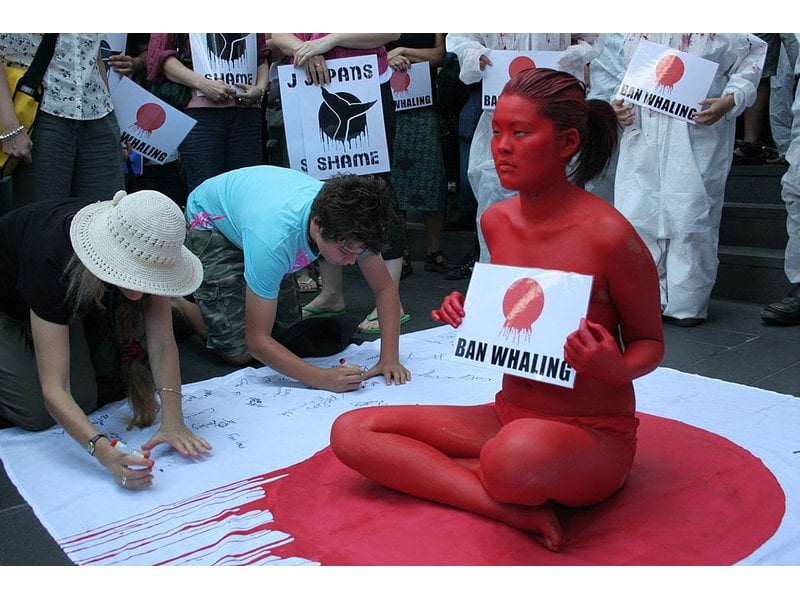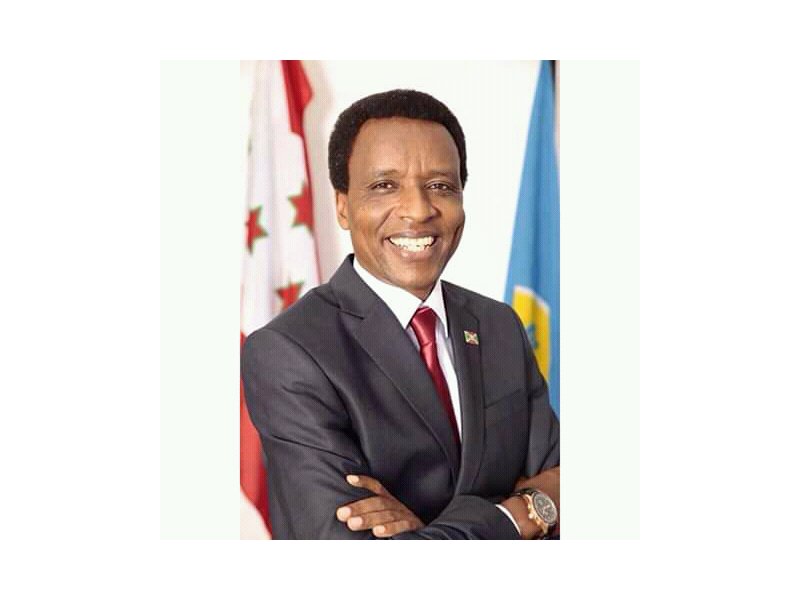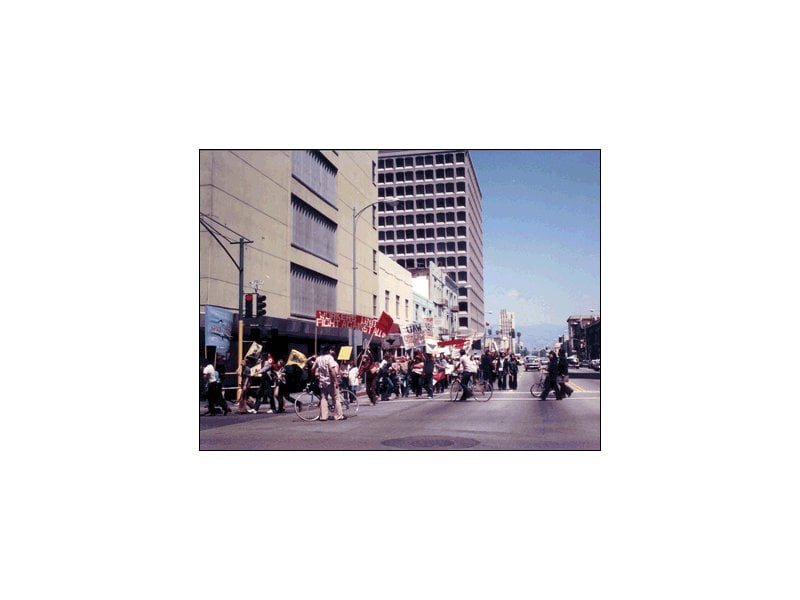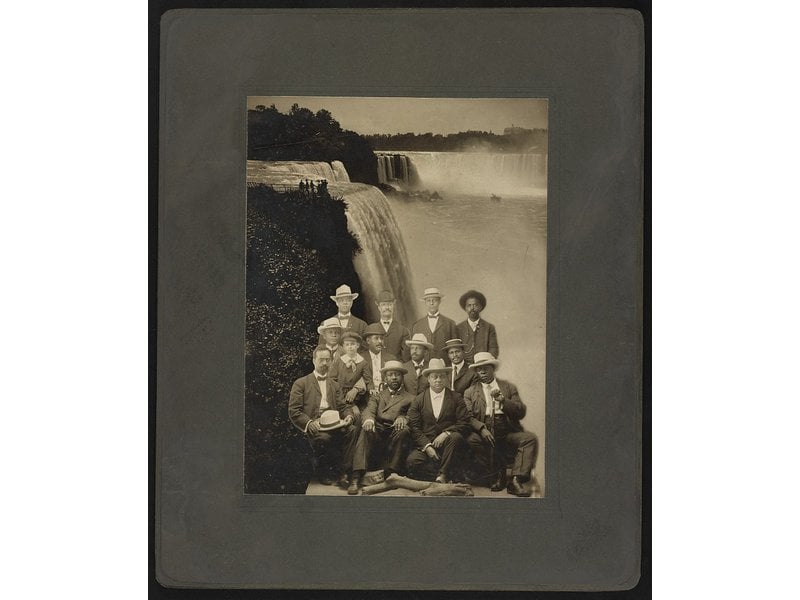060 suspension of social and sports activities
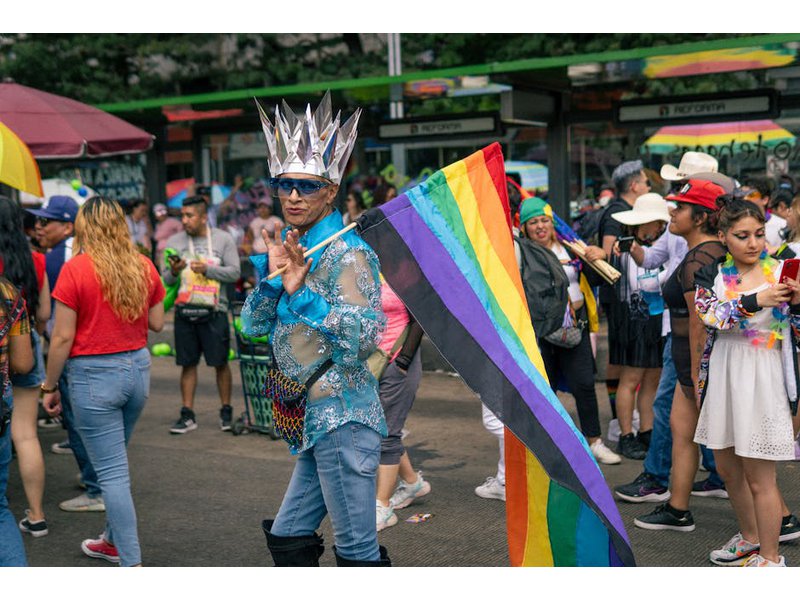
"Social noncooperation may take the form of cancellation of, or refusal to arrange, social and sports activities. This type of social noncooperation may be intended either as a protest by renunciation (hence related to the methods of nonviolent protest and persuasion), or as an attempt to counter efforts (usually by the government) to initiate new controls over the society (hence related to political noncooperation). This method is classed here because it is social in form, although it may be political in intent or result."...
Potentially problematic matches
High scoring campaigns using this method
Historical cases from the Nonviolent Action Database that used this method
Bolivian tin miners' wives fast, win amnesty, jobs, freedom, 1977-1978
The 1977-1978 economic justice and human rights campaign in Bolivia stemmed from tensions that began with the 1952 Bolivian Revolution, which left the Nationalist Revolutionary Movement in power. This group implemented a nationalization of the tin mi...
Filipinos campaign to overthrow dictator (People Power), 1983-1986
Ferdinand Marcos was elected president of the Philippines in 1965. Marcos was reelected in 1969 and when barred to run for a third term, he declared martial law and gave himself near absolute power. Marcos assumed full control of the military, dissol...
Iranians overthrow the Shah, 1977-79
Agitation in Iran was visible by May 1977 in predominantly intellectual circles. A group of lawyers—upset by the government’s interference in the judiciary—drafted a strongly worded manifesto chronicling the legal abuses that had occurred under the S...
Ontario Teachers protest Bill 115 (Putting Students First Act)
In March 2012, the parliament of the province of Ontario in Canada notified public schoolteachers that they would have a two-year salary freeze. Premier Dalton McGuinty, the head of the provincial government, announced this initiative as a step towar...
University of Missouri students protest against racial discrimination and harassment, 2015
Before protests against racial discrimination and harassment began at University of Missouri campuses in 2015, tensions had risen for a number of years. For example, on 26 February 2010, two students spread cotton balls on the fields of the Gaines/Ol...
Guineans campaign against government repression, 2009
Since gaining independence from France in 1958, autocratic rulers have controlled Guinea and made it one of the poorest countries in the world despite the fact that the country is rich in aluminum. The first ruler, Ahmed Sékou Touré, held office for ...
Haitians demand civilian government and democratic elections, 1986-88
On February 7, 1986, Haiti's dictator Jean-Claude "Baby Doc" Duvalier fled the country for France after a non-violent campaign for his removal (see "Haitians overthrow regime, 1984-1986"). Before leaving, he set up the National Governing Council (CNG...
Paraguayan indigenous peoples resist the Stroessner regime, 1969-1989
In 1954, a young military officer, Alfredo Stroessner, organized a military coup and overthrew Paraguayan President Federico Chávez. A devoted anti-communist, Stroessner declared a state of siege and suspended constitutional freedoms for the entirety...
Arizona grassroots activists protest anti-immigrant measure (SB1070), United States, 2010
In May 2010, Alto Arizona, an immigrants’ rights organization, began assembling different grassroots groups to come together for the “Human Rights Summer.”. Inspired by the Freedom Summer of the Civil Rights Movement, the goal of the Human Rights Sum...
Low scoring campaigns using this method
Historical cases from the Nonviolent Action Database that used this method
